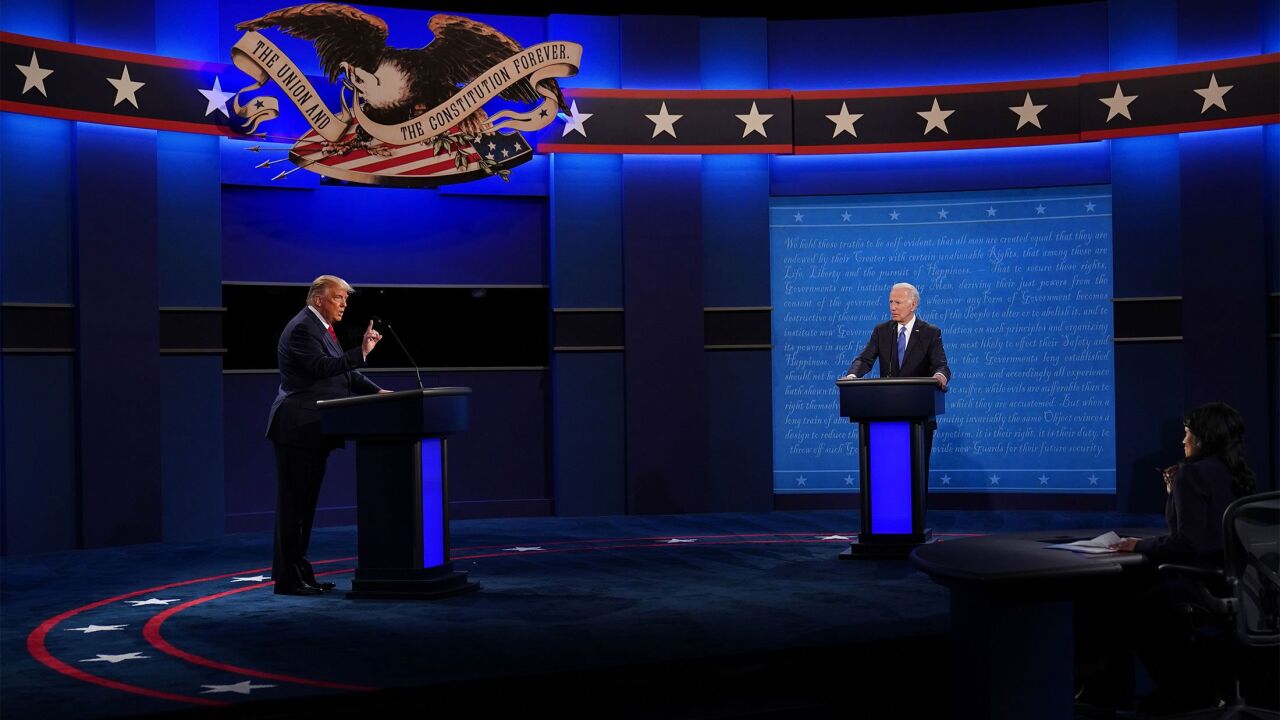The staunchest advocates of blockchain — the underlying technology behind cryptocurrencies like bitcoin — would have you believe that it will make banks obsolete. Even experienced, savvy investors like Manhattan real-estate mogul and “Shark Tank” investor Barbara Corcoran believe that blockchain-based technologies could radically disrupt the finance world. “I really don’t expect banks to be around 10 years from now unless they change their model,”

The banks bite back
As you might suspect, the banks have a much different view of what the future looks like, but they do agree that blockchain is a part of it. Instead of waiting for up-and-coming companies to displace them by leveraging blockchain services, major financial institutions are at the forefront of developing their own.
Clearing and settlement houses are already experimenting with blockchain in a major way.
The appeal of blockchain
If financial companies with a global reach are taking blockchain seriously, you can bet it’s for real. The reason for the interest is simple. It’s the best tool we’ve ever known for securing information.
Obviously, banks can see the appeal of incorruptible, real-time information. In the world of contemporary finance, speed and veracity are the two most prized commodities. Blockchain offers the potential for both. To use an everyday example, imagine if you purchase a car from somebody and the title was immediately transferred without the need for a notary. That sort of ease of transaction could extend to all types of exchanges.
Where does accounting fit in?
As banks make more of an effort to introduce widespread blockchain systems, it’s vital for accounting professionals to understand how to interact with these technologies. In a
From an accounting perspective, the implementation of blockchain by banks will change how accountants will interact with banks in the future.
For accountants and auditors, blockchains that come from established players like banks could serve as a great way to familiarize yourself with this revolutionary technology without having to fully enter the unknown. Not all of us are ready to reckon with the volatility of bitcoin, even with merchant accounts like
Everyone will have a different idea of how best to begin entering the world of blockchain. Maybe you want to be cautious and work with established institutions. Perhaps you’re more adventurous and are excited about pushing the envelope with emergent companies. Whatever the case, blockchain is here, and you thinking about how you’ll use it and interact with traditional and nontraditional institutions will affect your workflow processes in the future.




